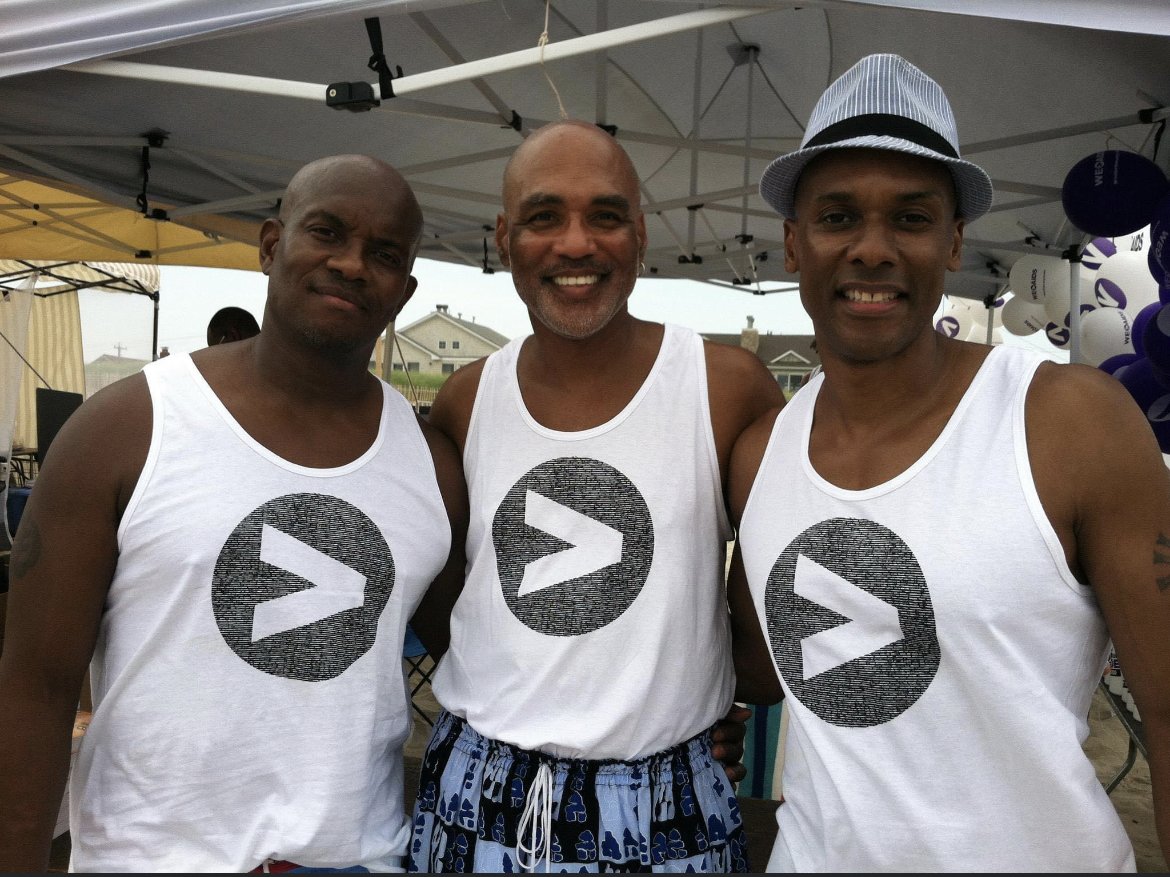'Nobody Can Save Us, But Us:' Saying The Quiet Part Out Loud 41 Years Into The HIV Crisis
I tested positive for HIV in the spring of 1987. I had less than 200 T-Cells, which meant I met the threshold for an AIDS diagnosis. The counselor gave me six months or so to live. There were no treatments for AIDS yet. He suggested I go home and put my affairs in order. I was 30 years old. I didn't have any "affairs" to put in order. In actuality, I probably had been living with HIV for seven years by then. My husband, Chris Brownlie, who I met in 1980, already had AIDS and was experiencing opportunistic infections. Chris died in November 1989. Last month, after celebrating 66 years and four months of life (the required age to receive full social security benefits), I received my first social security check.
I've started writing my memoir. I've had thirty-six years and four months since that AIDS diagnosis to put my "affairs" in order. I've been thinking a lot about what it means to come of age, live through, and grow old in the age of HIV/AIDS. And more importantly, what we've learned, if anything, over the last 41 years that might be of importance to young Black gay men coming of age today in the middle of three pandemics—HIV/AIDS, Covid-19, and now, Monkeypox. André Gide said, "Everything that needs to be said has already been said. But since no one was listening, everything must be said again.” Monkeypox has become the new Black Plague. Black and Brown gay, men who have sex with men, and/or same gender loving men represent over 50% of the current cases of monkeypox in the United States.

